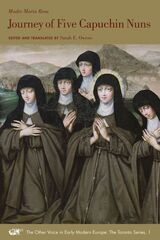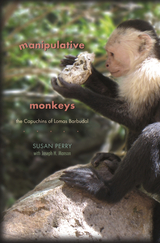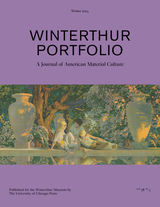
Journey of Five Capuchin Nuns contains all the elements of a riveting adventure story. Through the eyes of the Mother Abbess, María Rosa, the reader is taken along on this journey through wars, pirates, disease, travel on the high seas, and treacherous mountain passes in the Andes. Five nuns set out in the early 1700s from their cloistered convent in Madrid, Spain, to travel halfway around the world to Lima, Peru. The journey lasted three years—an odyssey not all of them would complete. Yet, this unique historical document is so much more than a typical travel narrative. It illuminates the eighteenth-century way of life of religious women on both sides of the Atlantic basin. María Rosa’s lively prose attests to the literary connection among women religious writers of Spain and Latin America. This annotated edition and first-ever English translation of the manuscript will be of interest to scholars, students and anyone who wants to learn more about women’s history.

With their tonsured heads, white faces, and striking cowls, the monkeys might vaguely resemble the Capuchin monks for whom they were named. How they act is something else entirely. They climb onto each other’s shoulders four deep to frighten enemies. They test friendship by sticking their fingers up one another’s noses. They often nurse—but sometimes kill—each other’s offspring. They use sex as a means of communicating. And they negotiate a remarkably intricate network of alliances, simian politics, and social intrigue. Not monkish, perhaps, but as we see in this downright ethnographic account of the capuchins of Lomas Barbudal, their world is as complex, ritualistic, and structured as any society.
Manipulative Monkeys takes us into a Costa Rican forest teeming with simian drama, where since 1990 primatologists Susan Perry and Joseph H. Manson have followed the lives of four generations of capuchins. What the authors describe is behavior as entertaining—and occasionally as alarming—as it is recognizable: the competition and cooperation, the jockeying for position and status, the peaceful years under an alpha male devolving into bloody chaos, and the complex traditions passed from one generation to the next. Interspersed with their observations of the monkeys’ lives are the authors’ colorful tales of the challenges of tropical fieldwork—a mixture so rich that by the book’s end we know what it is to be a wild capuchin monkey or a field primatologist. And we are left with a clear sense of the importance of these endangered monkeys for understanding human behavioral evolution.

READERS
Browse our collection.
PUBLISHERS
See BiblioVault's publisher services.
STUDENT SERVICES
Files for college accessibility offices.
UChicago Accessibility Resources
home | accessibility | search | about | contact us
BiblioVault ® 2001 - 2025
The University of Chicago Press









